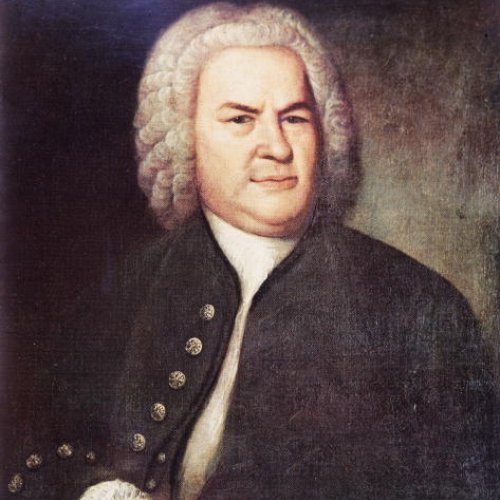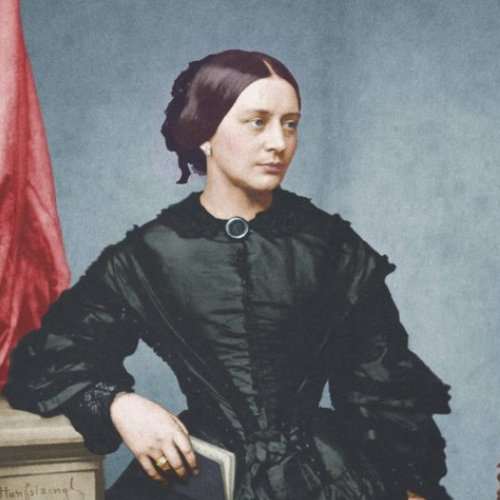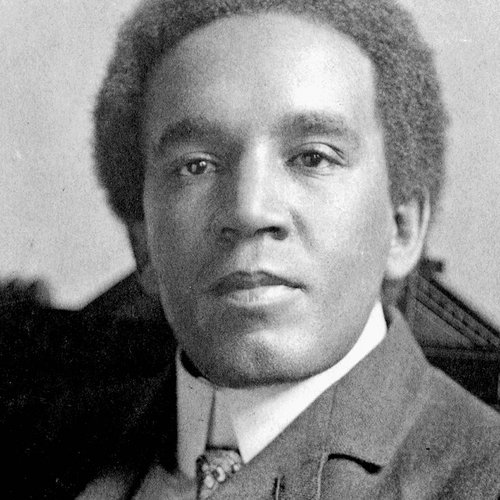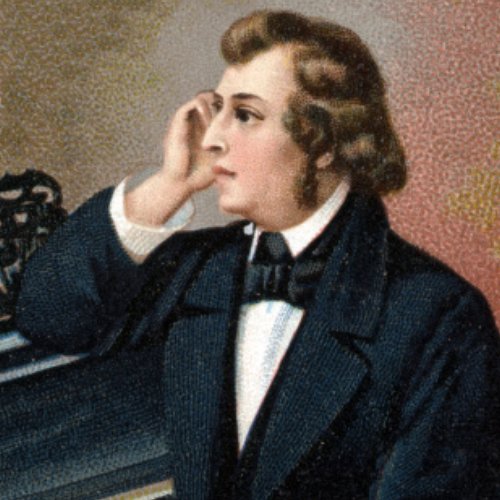Who was Scott Joplin, the ‘King of Ragtime’? Discover the Black American composer’s life and music
1 April 2022, 16:49
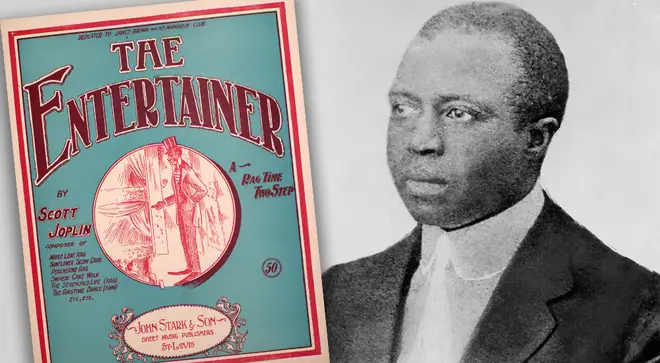
Scott Joplin is one of the legends of the piano canon – every aspiring pianist under the sun has banged away at ‘The Entertainer’. But how much do you know about the King of Ragtime?
You only need to say the word “ragtime” for Scott Joplin’s name to be immediately conjured up.
An extraordinary Black composer, born the son of a labourer and former slave, Joplin was one of the most important and influential composers at the turn of the 20th century – one whose name is synonymous with an entire genre.
His ideas around harmony, as well as his complex bass patterns and sporadic syncopation, are still imitated by composers today.
Now dubbed the ‘King of Ragtime’, Joplin spent his lifetime trying to become an African American composer of “serious music”. But it wasn’t until some time after his death that much of his music started making its way into public consciousness.
Read more: 9 Black composers who changed the course of classical music history >

Scott Joplin’s childhood
Joplin was born around 1868 in Texas, and raised in Texarkana. His father, Giles Joplin, was a labourer and former slave who played the violin for plantation parties; his mother, Florence Givens, a cleaner and avid singer and banjo player.
Scott, the second of six children, grew up with music in the household. Aged seven he started playing the piano, taking lessons from Julius Weiss, a German music teacher who lived in Joplin’s hometown.
In his late teens, Joplin left Texarkana and his then-job as a railroad labourer to become a travelling musician.
For a short time, he was a member of the Texarkana Minstrels. But as a Black pianist, Joplin struggled to get regular work – churches and red-light districts being by far the best option then for a musician of colour.
Read more: 19 Black musicians who have shaped the classical music world >

Scott Joplin's Maple Leaf Rag – but it's played WAY too fast
Further studies
In the 1890s, Joplin took up a place to study music at Sedalia’s George R. Smith College for Negroes, and also taught and mentored other ragtime musicians.
From then on, things started moving forward for Joplin.
When he published his first rag, ‘Original Rags’, he was made to share credit with another arranger. Never one to throw in the towel, Joplin hired a lawyer and made sure he would receive a one-cent royalty of every copy of sheet music sold, of his next composition – the ‘Maple Leaf Rag’ (1899).
At first, sales were disappointing. But it went on to become Joplin’s first big hit, its popularity remaining constant throughout the early to mid 20th century. After that, Joplin’s name became synonymous with ragtime and he went on to compose rags like ‘The Entertainer’, ‘Solace’ and ‘The Chrysanthemum’.

Scott Joplin's 'The Entertainer' played on a 1915 piano
Joplin’s operas
History has remembered Joplin as the “ragtime guy”. But he also wrote two operas, one – Treemonisha (1911) – for which he was posthumously awarded the Pulitzer Prize in 1976.
Treemonisha, sometimes erroneously referred to as a “ragtime opera”, was never staged during Joplin’s lifetime – only being confirmed in its entirety in 1972, by the Houston Grand Opera. A music historian at the time called the performance a “semimiracle”.
The opera, a celebration of African American culture, combines the Romanticism of the early 20th century with Black folk song tradition. Its moral message is education as a fundamental right for all African Americans.
Comedian Lenny Henry recently championed the opera in a documentary on forgotten Black classical composers. He writes for The Times: “What is great about Treemonisha is that the heroine does not die like most classical leading ladies – by the knife, by poison or yearning for a man – but becomes a leader of the community.
“Joplin was way ahead of his time,” Henry adds. “He found it very difficult to get his work performed.”
Read more: Meet George Walker, the first Black composer to win the Pulitzer Prize for Music >

Treemonisha: Overture (Scott Joplin)
Joplin’s legacy
Scott Joplin died on 1 April 1917. His untimely death, caused by syphilis which descended into dementia, marked the end of ragtime and a sad lapse in interest around his music.
But his compositions were rediscovered and had a second wave of popularity in the early 1970s, when Joshua Rifkin released an extremely successful album of his pieces. Then in 1973, came Academy Award-winning film The Sting, that used several of Joplin’s compositions including ‘The Entertainer’ and ‘Solace’.
We have little left of the man behind the music. There are no existing manuscripts in his hand, and only three photographs of him have survived.
Joplin died in a mental facility, convinced he had failed at his goal – to become an African American composer of “serious music”.
In 2020, he has nearly 200,000 monthly listeners on Spotify, where one of his most popular tracks is an arrangement by violin virtuoso Itzhak Perlman of ‘The Ragtime Dance’ for violin.
We remember Scott Joplin for his jaunty rhythms, fiendish workouts for the fingers, and courage in finding a powerful musical voice in a world that didn’t always welcome him.




